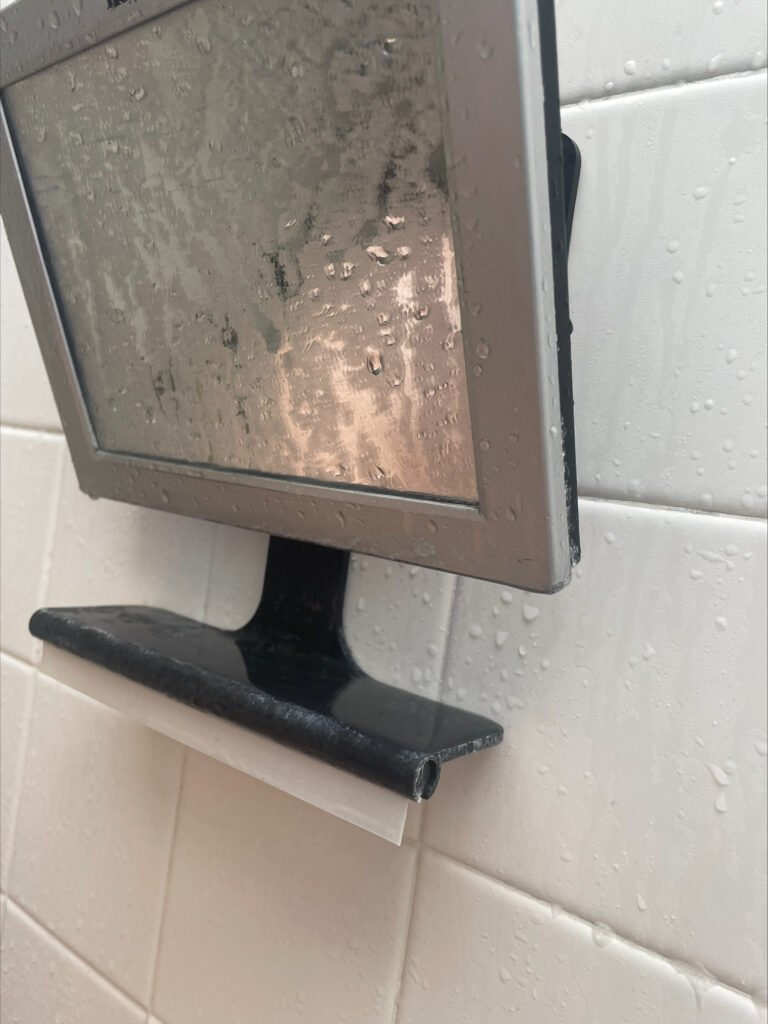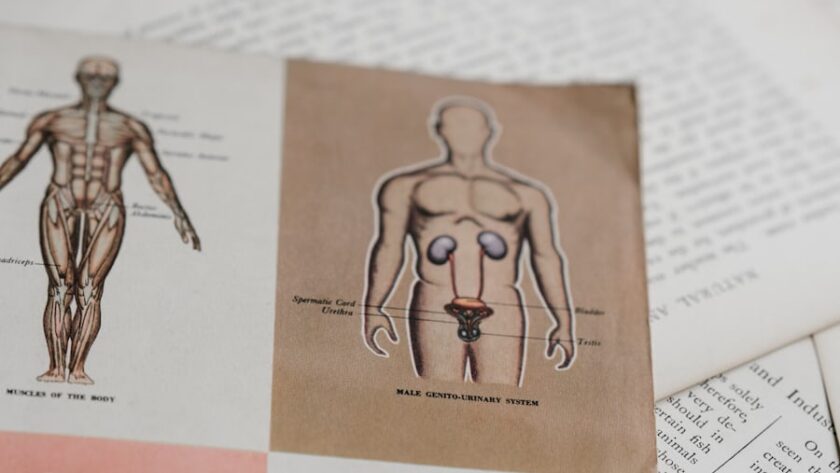
Last fall, I entered a contest on a micro-memoir website called Five Minutes. The assignment was to write exactly 100 words about five minutes in my life on the theme of ‘Away’.
In the first round of judging, all 176 entries were ranked by a panel of professional writers and editors. The thirteen highest scoring pieces advanced to the final round where creative nonfiction writer Karen Zey selected her top three picks.
By some miracle, my micro-memoir ‘A.M. Reflection’ took first place.
I was thrilled, of course, but also stunned because I really didn’t know whether my piece was effective when I submitted it. For that reason, I thought it might be fun to dissect my entry for you now.
When you’re counting every word, every word counts. Writers of flash are very selective. They sweat the details of what to leave in, what to leave out, and which words will best achieve the desired effect. The goal is to tell a complete story in miniature. To pull that off, each line (and sometimes each word) has to do a lot of heavy lifting and serve several story functions at once.

The tools of the trade are:
- Brevity
- Starting in res media (‘mid-plot’ because there’s no room for a detailed backstory)
- Compression/Specificity of language
- SHOW, DON’T TELL
- Immediacy
- Intensity
- Imagery/Symbolism
- You get bonus points for incorporating an unexpected twist, a poignant moment or a thought provoking ending that stays with the reader.
With that in mind, here is my micro-memoir:

Each morning, I see my blurry face in the shaving mirror that you left suction-cupped to my shower wall. It’s the first reminder of the day: How unrecognizable I’ve become. I wipe away the steam and water droplets, exposing a calcified crust on the once reflective surface. I scratch the words ‘I miss you’ into the limescale patina and pretend you’re away. Not dead. Away. But condensation soon obliterates the note you’ll never see, and I disappear with it behind the fog. This mirror of yours reveals by obscuring. You’re not just away, love. And I am but a ghost.
First Place, Fall Contest 2023


Let’s break it down to go through my thought process and some of the choices I made while writing it…
Title: “A.M. Reflection”
I chose this play on words for the title because I liked the multiple meanings. It’s also a good fit because it foreshadows the theme of the piece. Note: Some writers of flash use their titles as a cheat to increase their word count, but I didn’t need to do that in this case.
“Each morning, I see my blurry face in the shaving mirror that you left suction-cupped to my shower wall.”
In the first sentence I wanted to establish:
- There is a recurring problem (each morning).
- The setting is the shower (evoking a sense of being naked/vulnerable).
- The shaving mirror is going to be important/symbolic (otherwise I could have used another object like an extra toothbrush in the stand instead).
- The owner of the mirror is not around but once shared this intimate space with the narrator (me).
- The mirror is only held in place by a suction cup (easily removable, and yet…).
“It’s the first reminder of the day: How unrecognizable I’ve become.”
Here I wanted to:
- Refer back to the blurry face.
- Show that whatever the problem is, it extends beyond my morning routine and confronts me throughout the day.
- Hint at unwelcome changes not only in appearance, but in identity/lifestyle/self-image as well.
“I wipe away the steam and water droplets, exposing a calcified crust on the once reflective surface.”
Here I’m trying to imply:
- There is a deeper problem. A superficial fix is not going to help.
- The words ‘calcified crust’ might be doing double duty here to describe both the mirror and the narrator—but it was probably done subconsciously. I don’t think I planned it that way.
“I scratch the words ‘I miss you’ into the limescale patina and pretend you’re away.”
Here, I wanted to:
- Let the reader see my lovesick behavior and self-deception in a very private moment to create a sense of immediacy and insider info.
- Indicate (through the use of ‘scratch’ and ‘limescale patina’) that extra effort is needed to make this little tribute. I’m not just fingerpainting on the surface.
“Not dead. Away.”
This line gets to the heart of the problem (bereavement). It also expresses denial and doubles down on the self-deception. Note: My first draft was three words short so I needed the repetition (LOL).
“But condensation soon obliterates the note you’ll never see, and I disappear with it behind the fog.”
This sentence acknowledges the futility of denial, the finality of the loss and also the difficulty of continuing to exist alone.
“This mirror of yours reveals by obscuring.”
I like this paradox—and sometimes the things that are unseen and unsaid really can expose deeper truths.
“You’re not just away, love. And I am but a ghost.”
I didn’t want to have a resolution here. I just wanted to show that the narrator is inching toward acceptance while still feeling sad, lost and forever changed.

That’s a lot of information and emotion to convey in 100 words.
And I’ll admit: it’s a lot of contrivance for a ‘micro memoir’. But craft applies to true stories as well as fiction.
While I might have taken a little poetic license here and there, I do know what it’s like to be dogged by a feeling of loss that I couldn’t escape because it was constantly ‘in my face’.
I have the mirror to prove it.



Did you enjoy reading about and seeing the breakdown of this prize-winning micro-memoir flash fiction piece? Do you have experience writing your own flash fiction pieces or want to do so in the future? What’s your preference, long or short form stories?
Tell us in the comments below, or tag us on social media #MotleyWritersGuild or via our individual author handles.
The Motley Writers Guild’s – Pam Moss

If you enjoyed this post, please subscribe to The Motley Writers Guild for notice of new blog posts and writerly news, as well as promotions and unique content only available to our valued subscribers!



